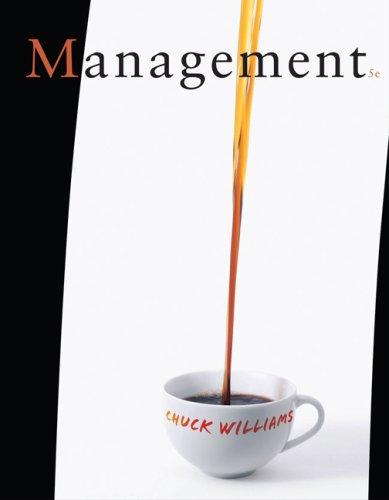3. How would changing to make-to-order processing for retailers affect how Nike manages its inventory? Youve never
Question:
3. How would changing to make-to-order processing for retailers affect how Nike manages its inventory? You’ve never been so energized by a sales pitch in your entire career.90 Consultants from a highly reputable software developer have just given a presentation to your management team on how to integrate your supply chain, which is no mean feat. Your company, Nike, sells multiple variations of 120,000 products in four sales cycles throughout the year. Anything that can help you get this process under control is welcome. The only problem with the consultants’ presentation is their underlying assumption: Nike should move from a make-to-stock operation to a make-to-order operation. That is, the consultant wants Nike to begin making shoes only after a retailer sends in an order.
In the $16 billion U.S. running-shoe market, Nike commands a full 39 percent market share, much larger than that of any other athletic shoe company. Your closest competitor, Reebok, is at a signifi cantly lower 14 percent.
Nike grew to that stature by creating a supply chain for the fragmented running shoe market of the 1970s. Nike guaranteed delivery and an infl ation-proof discount in return for getting orders six months in advance. Retailers went along happily because runners typically didn’t care if the shoes were the latest fashion as long as they were technically advanced. Because Nike shoes functioned impeccably, they became the standard.
Address all aspects of managing inventory.
Step by Step Answer:






